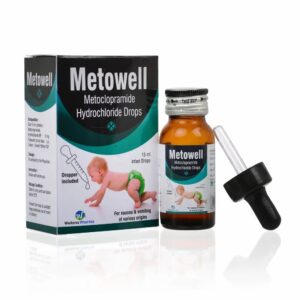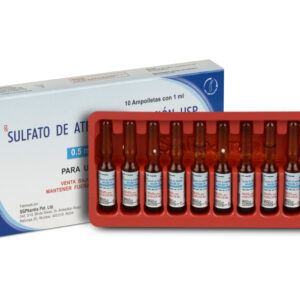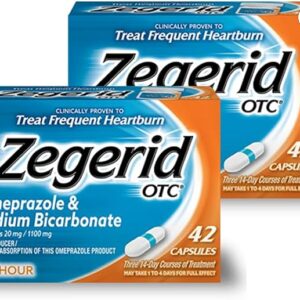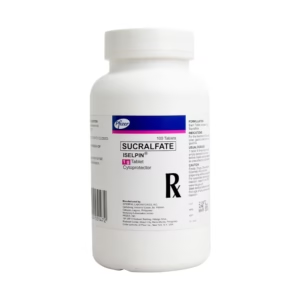-
Metoclopramide Hydrochloride
Metoclopramide Hydrochloride is a dopamine antagonist used to treat nausea, vomiting, and delayed gastric emptying.
Applications:
-
Treats nausea and vomiting from various causes, including chemotherapy and migraines.
-
Manages gastroparesis by enhancing stomach motility.
-
Used for GERD when other treatments fail.
Side Effects:
-
Common: drowsiness, fatigue, restlessness.
-
Serious (rare): tardive dyskinesia (involuntary movements), Parkinson-like symptoms, depression.
Br120.00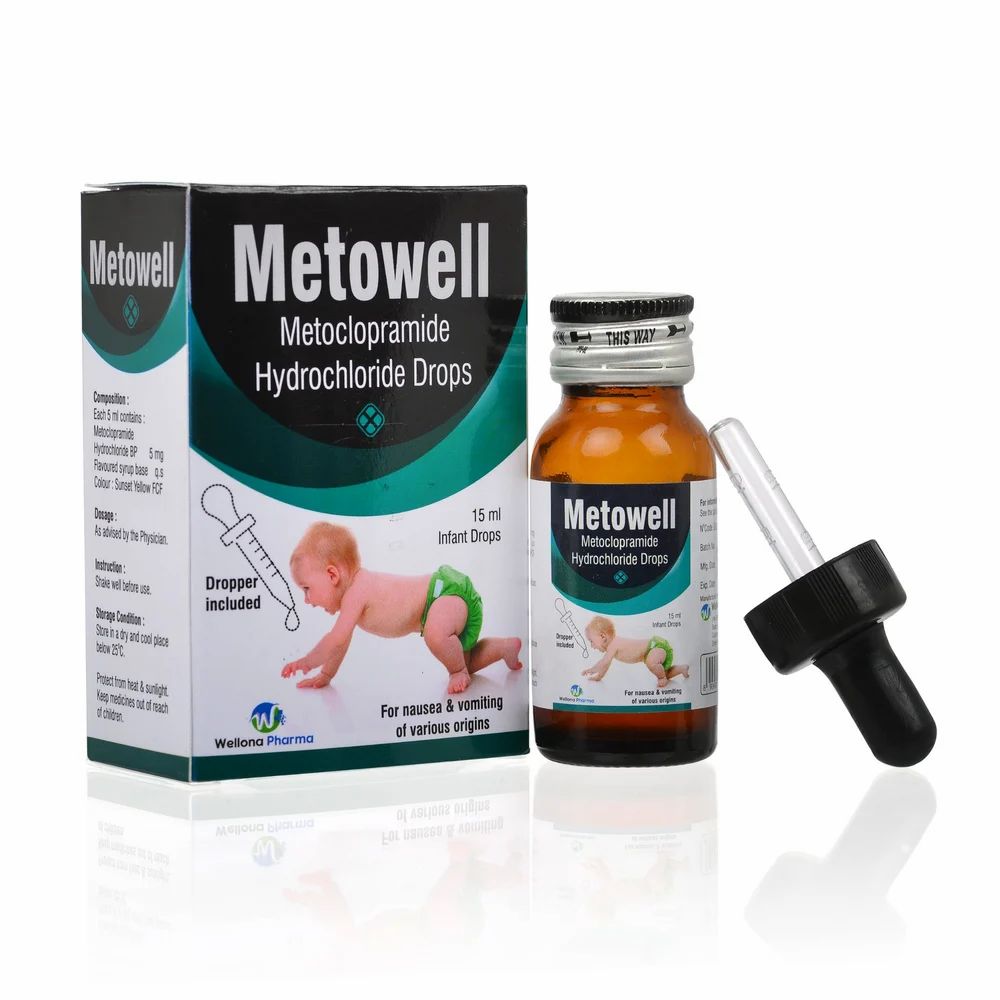
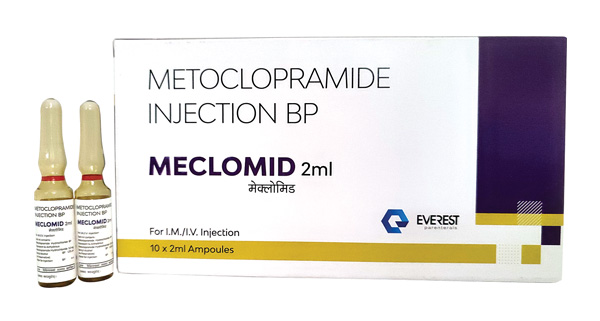
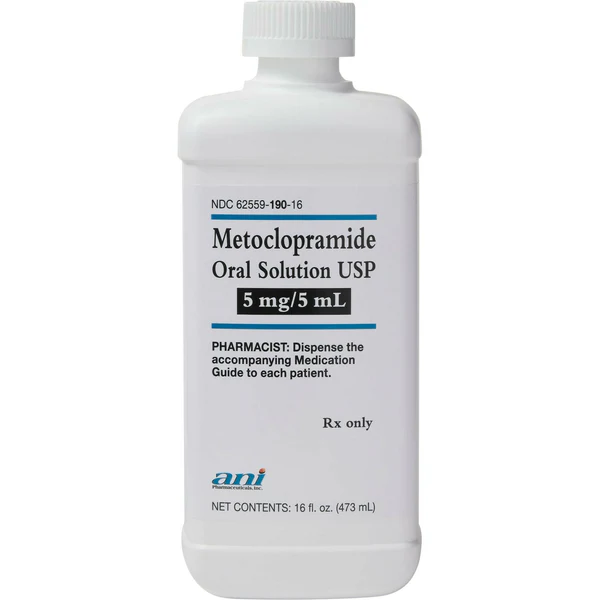

Metoclopramide Hydrochloride
Br120.00 Select options This product has multiple variants. The options may be chosen on the product page -
-
Meclizine Hydrochloride
Meclizine Hydrochloride is an antihistamine used to treat motion sickness and vertigo.
Applications:
-
Prevents and treats nausea, vomiting, and dizziness from motion sickness.
-
Manages vertigo from inner ear disorders like Ménière’s disease.
Side Effects:
-
Common: drowsiness, dry mouth, and blurred vision.
-
Serious (rare): confusion, especially in older adults.
Br120.00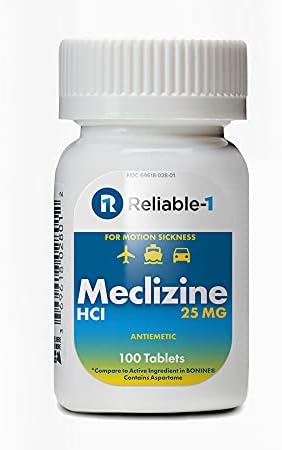
Meclizine Hydrochloride
Br120.00 Select options This product has multiple variants. The options may be chosen on the product page -
-
Atropine Sulphate
Applications:
-
Pre-Anesthesia: Reduces saliva and respiratory secretions before surgery.
-
Bradycardia: Emergency treatment for abnormally slow heart rate.
-
Poison Antidote: Countacts organophosphate or nerve agent poisoning.
-
Ophthalmic Use: Dilates pupils for eye exams or inflammation treatment.
-
GI Disorders: Relieves spasms in irritable bowel (rarely used today).
Side Effects:
-
Common: Dry mouth, blurred vision, rapid heartbeat, dizziness.
-
Serious:
-
Hallucinations/confusion (high doses)
-
Urinary retention
-
Glaucoma attacks (with eye drops)
-
Dangerous tachycardia (overdose)
-
Note:
-
IV/IM use only in emergencies (hospital/EMS).
-
Reverses life-threatening cholinergic toxicity (e.g., pesticide poisoning).
Br120.00
Atropine Sulphate
Br120.00 Select options This product has multiple variants. The options may be chosen on the product page -
-
Propranolol
Applications:
-
Heart: Treats high BP, angina, arrhythmias, prevents heart attacks
-
Migraines: Reduces frequency
-
Anxiety: Controls physical symptoms (shaking, fast heartbeat)
-
Hyperthyroidism: Manages symptoms like rapid pulse
-
Essential tremor: Decreases shaking
Side Effects:
-
Common: Fatigue, dizziness, cold hands/feet, sleep issues
-
Serious (rare):
-
Slow heart rate, wheezing (caution in asthma patients)
-
Worsening heart failure, depression
-
Note:
-
Avoid sudden stoppage (taper gradually).
-
Brands: Inderal®, Hemangeol®, generics.
Monitor heart rate & BP. Not for asthma/COPD patients.
Br120.00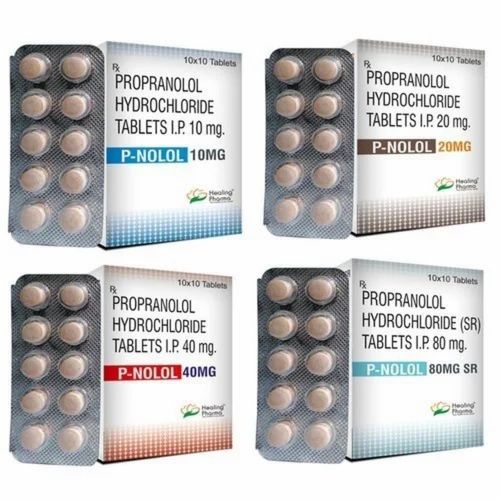
Propranolol
Br120.00 Select options This product has multiple variants. The options may be chosen on the product page -
-
Omeprazole + Sodium Bicarbonate
Omeprazole + Sodium Bicarbonate is a combination used primarily for the treatment of gastroesophageal reflux disease (GERD), acid reflux, and peptic ulcers, similar to sucralfate, but it works differently.
Applications:
- Treats GERD, heartburn, and acid reflux.
- Helps heal and prevent ulcers by reducing stomach acid production.
- Used to manage Zollinger-Ellison syndrome, where excess acid is produced.
Side Effects:
- Common: headache, nausea, diarrhea, and abdominal pain.
- Rare but serious: severe allergic reactions, kidney problems, and bone fractures with long-term use.
- Prolonged use can lead to vitamin B12 deficiency and low magnesium levels.
Unlike sucralfate, which forms a protective layer over ulcers, omeprazole with sodium bicarbonate works by reducing stomach acid to help heal and prevent damage.
Br120.00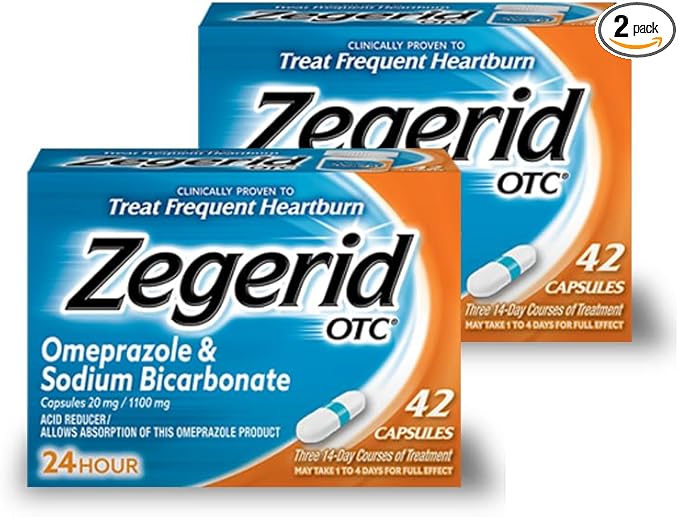
Omeprazole + Sodium Bicarbonate
Br120.00 Select options This product has multiple variants. The options may be chosen on the product page -
Sucralfate
Sure! Here’s a similar overview for sucralfate:
Applications:
- Used primarily to treat and prevent peptic ulcers by forming a protective barrier over ulcer sites in the stomach and intestines.
- Often prescribed for gastroesophageal reflux disease (GERD) and to manage conditions involving damage to the stomach lining, like gastritis.
- Can help in the healing of esophageal ulcers, as well as ulcers caused by nonsteroidal anti-inflammatory drugs (NSAIDs).
Side Effects:
- Common side effects include constipation, dry mouth, and mild stomach discomfort.
- Rare but serious side effects can include allergic reactions, severe abdominal pain, or difficulty breathing.
- Prolonged use may lead to malabsorption of nutrients like phosphate, which can cause low phosphate levels.
- In some cases, patients may experience dizziness or headache.
Sucralfate is typically considered a safe treatment, but like with any medication, it’s important to monitor for any adverse effects, particularly with long-term use.
Br120.00
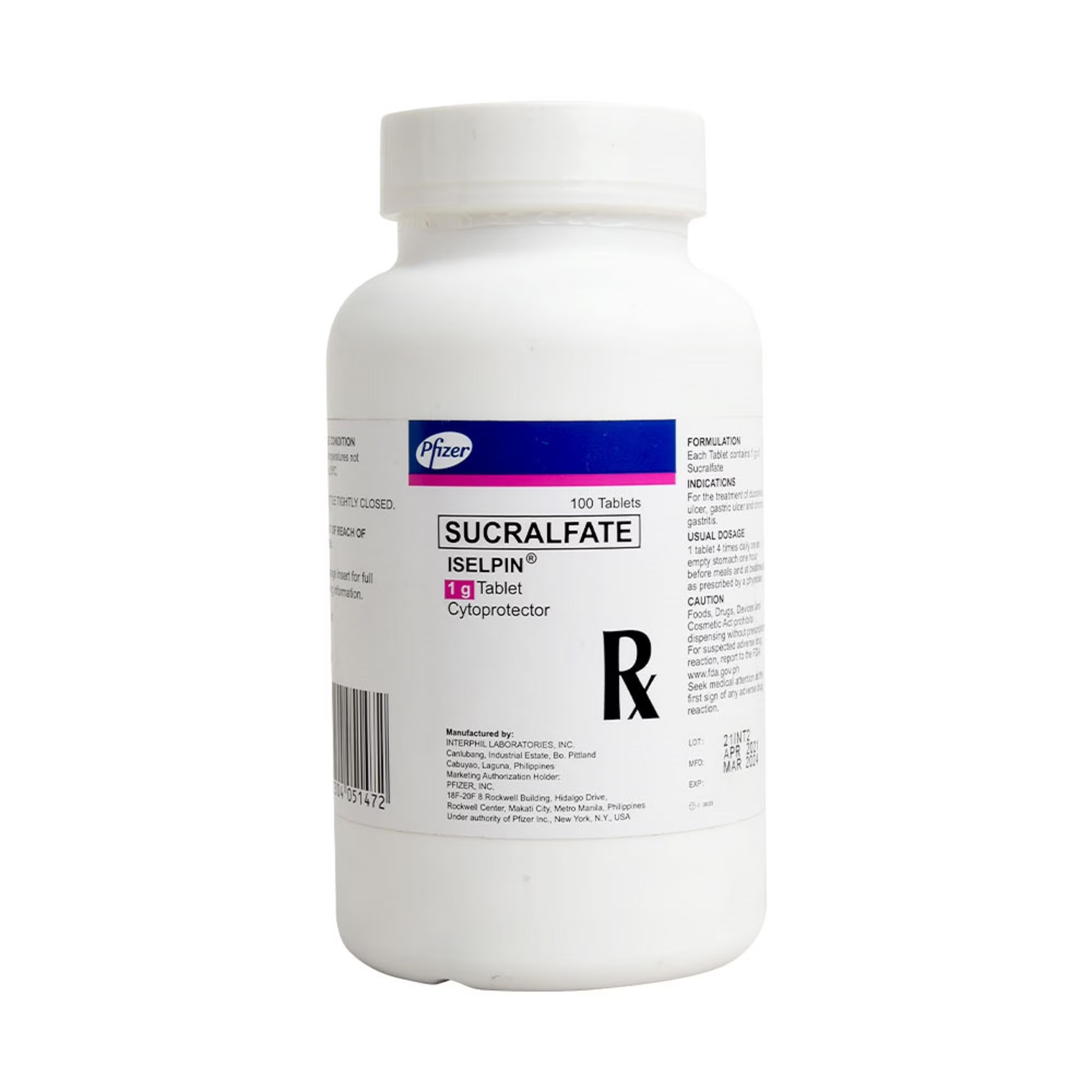
Sucralfate
Br120.00 Select options This product has multiple variants. The options may be chosen on the product page

